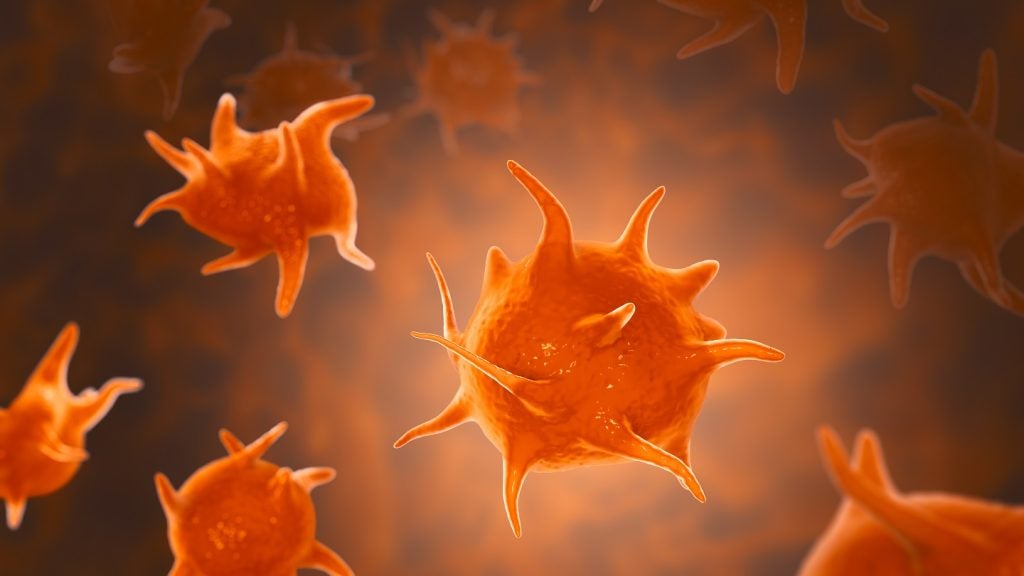Iceland-based 3Z has announced a strategic partnership with an artificial intelligence (AI) company biotx.ai to improve the transition from animal studies to human clinical trials.
Along with Germany-based biotx.ai, drug discovery company 3Z will leverage advanced AI modelling techniques to revolutionise drug development in attention deficit hyperactivity disorder (ADHD).
The collaboration aims to bridge the gap between animal studies and clinical trials, which should enable a more efficient development of promising therapeutics. The AI study should also predict if a trial will fail or succeed, which would de-risk the lead compound as it enters real-world clinical trials.
biotx.ai has developed a causal AI model that can mimic clinical trials in human genetic data. The study will utilise AI-powered human genetics-based modelling and explore the involvement of 3Z’s lead therapeutic targets in ADHD. This should provide insights into how the target affects the disorder, predict potential effects, and assess metabolic changes.
3Z’s ADHD therapeutics have been identified in genetically engineered zebrafish models and have undergone retesting in mammalian models. The zebrafish measurements will be compared to the AI models to validate predictions, as such simulating a Phase II clinical trial.
3Z CEO Dr Karl Karlsson said: "We are entering a new era in drug discovery and development, where AI has the potential to revolutionise the industry. The animal models we develop focus on disorders and diseases that manifest as dysregulation within neuronal networks, which is probably the most challenging aspect to simulate successfully.
“However, we can model the effects of the drugs we identify on specific genetic targets, enabling us to obtain critical information and significantly reduce the risk of failure going forward."
Clinical Trials Arena has previously explored if the combination of predictive analytics and AI can bypass animal testing and forecast clinical trial outcomes.
Latest AI in clinical trials
AI has slowly but surely shaken the conservative nature of healthcare industries, especially since the beginning of this year as ChatGPT entered the conversation. In February, Clinical Trials Arena explored BioGPT’s capabilities to analyse biomedical research.
In March, PathAI and GSK partnered for a Phase IIb trial in non-alcoholic steatohepatitis (NASH), using AI-powered liver biopsy slide metrics to determine exploratory endpoints.
The use of AI has also been explored in identifying the right patients for clinical trials. In April, myTomorrows launched a beta version of an AI search tool for physicians to match patients to trials.
AI has also been used to generate new drug molecules. Insilico Medicine started its Phase II trial in idiopathic pulmonary fibrosis (IPF) with an AI-discovered drug.















